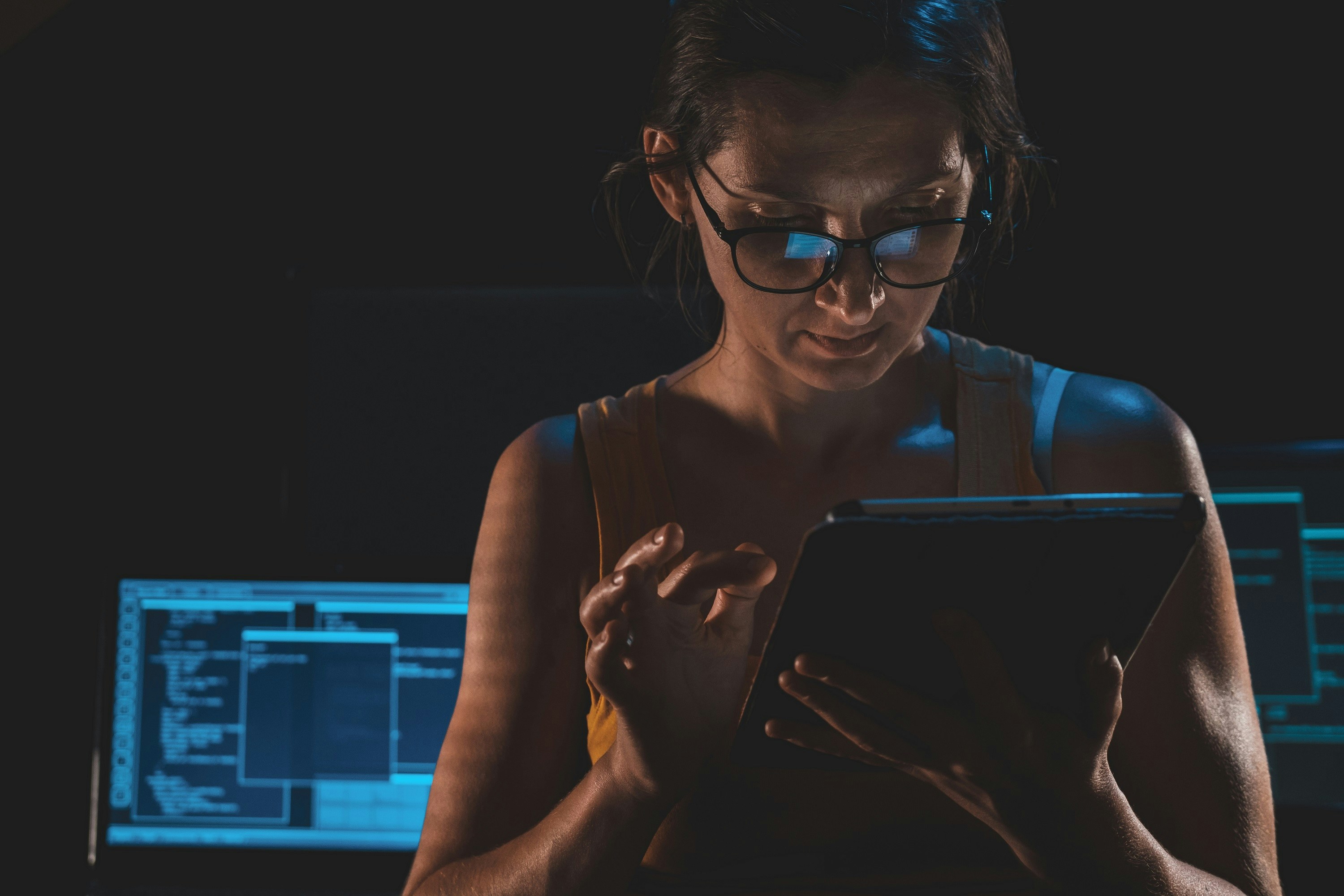Bye-bye identity theft: how biometrics can revolutionize security
Biometric authentication is a reliable method to safeguard people from various scams

In the wake of the Coronavirus pandemic, people around the world are increasingly relying on e-commerce to purchase their day-to-day essentials. This has led to a rise in the sharing of personal information online, making individuals more vulnerable to identity theft. However, the use of unique biometric identifiers can help create verified digital identities for consumers, which can effectively prevent identity fraud and enhance the offerings of identity theft protection services. Self-sovereign identity technology can also assist in giving consumers ownership and control over their personal data.
Unfortunately, fraud has become a common issue during the pandemic, and it looks like it will be a permanent fixture in the new normal. According to consumer reporting agency Experian, fraud has increased by 33% in the UK alone since April, with fraudulent credit card applications being one of the main infractions. On a global scale, phishing attacks - where attackers trick victims into revealing personal information - have increased by 600% in the first quarter of 2020. These attacks are often a precursor to credit card fraud, where attackers steal identification to use in fraudulent applications.
Data leaks and hacks are also on the rise. Last weekend, data belonging to 142 million guests of MGM Grand appeared online following a hack. With the personal information of millions up for sale on darknet markets, victims face the very real possibility of identity theft.
It isn't just individuals being targeted either, retailers have also experienced their fair share of deception. Scams range from an uptick in targeted phishing activities with stolen credentials issued into the eCommerce payments chain to "friendly fraud," which now accounts for 60-80% of chargebacks. Friendly fraud tends to increase in times of economic crisis. With people short of money and unable to pay bills, they turn to drastic measures such as deceptively claiming money back on purchased goods via credit cards.
The power of self-sovereign data
Identity theft isn't anything new, of course. Even before the coronavirus, fraud statistics were scaling at pace. Per an FTC report, consumers reported losing more than $1.9 billion In 2019 due to fraud—a $293 million advance on the year prior.
And it's perhaps no wonder. As our data becomes ubiquitously tied to everything we do, identity thieves have more attack vectors than ever. And, to make matters worse, their techniques are becoming more sophisticated.
Per Javelin's 2020 Identity Fraud Report, criminals are adapting to new technology devised to mitigate identity theft risk faster than consumers are adopting it. Fortunately, beyond the exploitable SMS-based two-factor verification techniques or dependence on enterprise-based legacy security systems, technology is quickly raising the bar.
Are you a pro? Subscribe to our newsletter
Sign up to the TechRadar Pro newsletter to get all the top news, opinion, features and guidance your business needs to succeed!
Verified digital IDs will soon become the standard for individuals and businesses alike, outmoding passwords and other lackluster forms of authentication. Moreover, by linking to payment and interweaving the ideals of self-sovereign identity and decentralization, digital IDs can render ultimate control to the individual—leaving identity fraud in the past.
The importance of self-sovereign data and decentralization shouldn't be undermined. Consumer concerns are mounting when it comes to data handling. In a recent survey undertaken by market researchers Opinium, 77% of respondents felt uneasy about multiple platforms holding personally identifiable information such as date of birth or their mother's maiden name. And with ransomware attacks up some 900% this year and bad actors specifically targeting enterprise networks and their data, it's perhaps no surprise.
While leveraging anomaly and malware detection can go a long way in mitigating attack vectors, these techniques don't entirely target the issue at the root. Instead, we should be looking inward at how we, as individuals, can avoid becoming victims of fraud. Ironically, we can do so by quite literally looking inward—and harnessing our DNA.
Facing up to identity fraud
Biometrically validated personal IDs underlined by blockchain technology are the next logical step forward in fighting fraud.
By leaning on biometrics—something as simple as a fingerprint or face scan—we can bypass the need to provide passwords or detailed personally identifiable information to third parties and enhance our data security. And by storing any personal identity via an immutable, encryptable, and decentralized blockchain, we can both validate and secure data so it can be easily deployed while minimizing attack vectors. Tie this all together with payment, aBiometrically validated personal IDs underlined by blockchain technology are the next logical step forward in the fight against fraud. By relying on biometrics, such as fingerprints or face scans, we can avoid the need to provide passwords or detailed personally identifiable information to third parties, thus enhancing our data security. By storing personal identity information on an immutable, encryptable, and decentralized blockchain, we can both validate and secure data, making it easy to deploy while minimizing attack vectors. When combined with payment, this creates an impregnable verified digital ID that you-and only you-can control.
With this method, you'll no longer have to worry about forgetting your password or losing your ID. Instead, your ID and critical personal data will follow you wherever you go because, essentially, it is you. The brilliance of this approach is that only the owner can use a biometrically verified ID. This eliminates any potential for fraud, while preserving privacy.
Digital identities verified by biometric authentication can protect people from many of the scams related to COVID-19, ultimately ending identity theft and enabling individuals to become more vigilant in protecting their private data.nd you get an impregnable verified digital ID which you—and nobody else but you—controls.
Those stomach-churning instances where you've forgotten your password, or even mislaid your ID will become a mere memory. Instead, your ID and critical personal data follow you wherever you go—because, essentially, it is you.
The brilliance of this method is, no one, besides the owner, can use a biometrically verified ID. This means that any potential for fraud is eliminated, and privacy remains preserved.
Digital identities, verified by biometric authentication, can protect people from many of the scams related to COVID-19, ultimately putting an end to identity theft and enabling individuals to become more vigilant in protecting their private data.
More from TechRadar Pro
- Here's our list of the best secure router on the market
- Check out our list of the best encrypted messaging services around
- We've built a list of the best ransomware protection around
- Check out our list of the best malware removal services on the market
Alastair Johnson is Founder and CEO of Nuggets, a self-sovereign payments and ID platform that is redefining online security and privacy.
